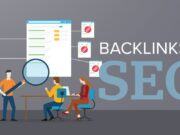
College is an important part of growing up and becoming a successful part of the community. However, even though it’s one of the most roads most often taken, college is something not everybody can afford. Most of us know how expensive college tuition and everything that goes with it can get. You have to pay for tuition, books, rent, food, public transportation or gas if you own a car and a lot more. All of these expenses add to several tens of thousands of dollar and let’s face it, not a lot of college students have that much money just lying around.
Some will say that it’s a necessary price to pay and a student should get a job, but, balancing education, job, social life and so much more means a day should be at least 48 hours long. Seeing how a day cannot last that long, most of the students need another way to make money to pay for college. Unless your parents are paying it for you or if you by chance have a lot of money just laying around, you might need to take out a loan to pay for your academic journey.
We’ve all heard about federal student loans. They have a fixed, reasonably low-interest rate, they cover your expenses directly with the faculty so you don’t have to, you start repaying them after you’ve graduated and you can pay them off for over 20 years and so on. However, federal student loans don’t cover additional expenses like a new laptop for school, rent or anything else semi-directly related to college expenses. So, what else can you do?
That leaves us with personal loans. Personal loans are financial loans that are not secured in a way the mortgage loan is. It’s an unsecured loan – meaning there are no collaterals attached to it. They are a great way to cover some expected or unexpected expenses and might just work when it comes to paying for your education. We say ‘might’, because, there are some good and some not-so-good sides to this, so before you jump the gun and apply for one of these, let’s dissect them a little bit and see the pros and cons of personal loans.
Page Contents
Let’s start with the pros.
1. You Don’t Need Collateral
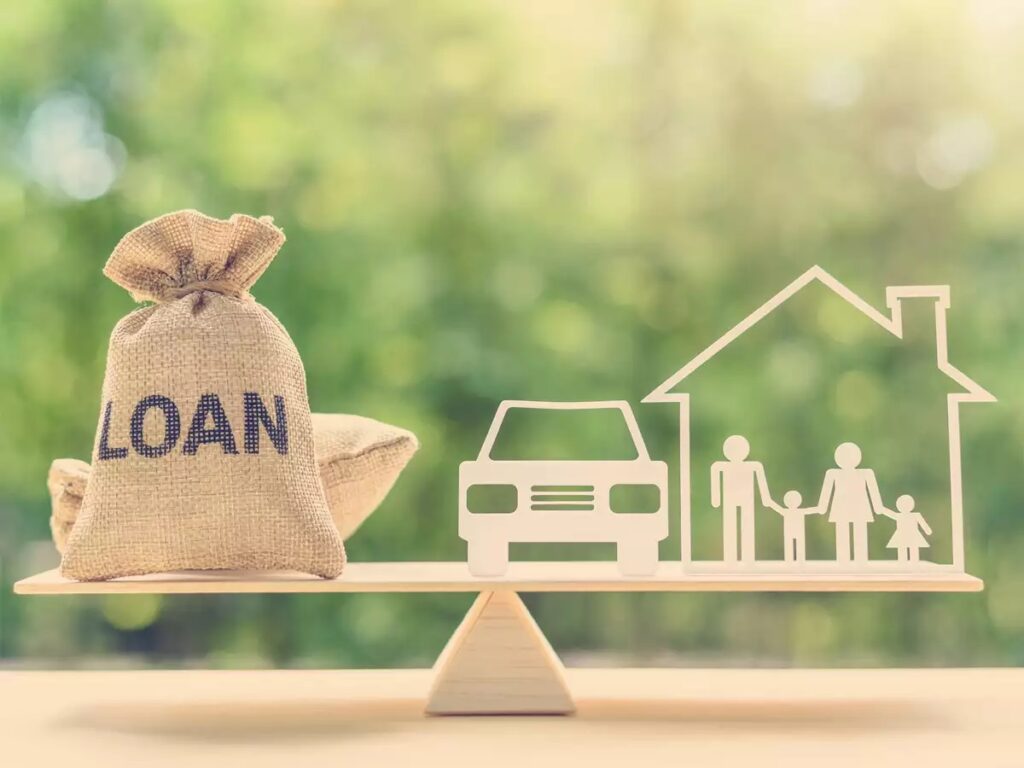
As we’ve previously mentioned, a personal loan is an unsecured loan, meaning you don’t need possessions as a guarantee to get the money. This means that it’s easy for young adults like college students with nothing to their name to take out a loan.
2. Bank
You could borrow from a bank – a traditional, reliable source. What’s not so great about this is that you will more often than not need to have a good credit score, which is rarely the case for someone that young. However, if you do have one and you get approved, you could get good rates or other benefits if you’re already a member of the said bank.
3. Credit Union
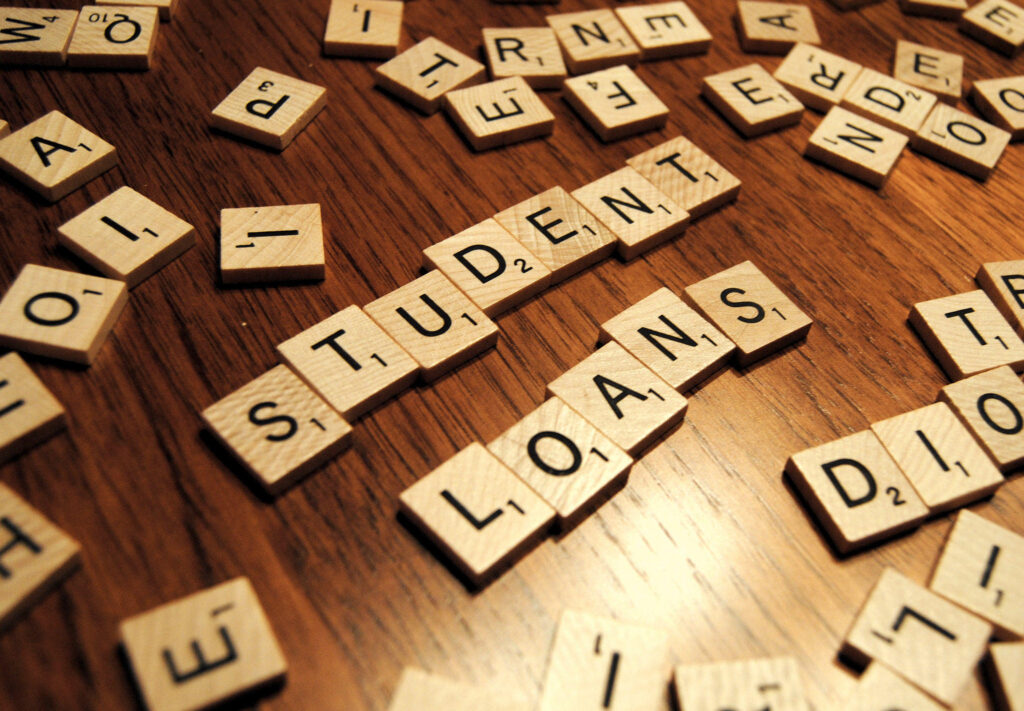
Another option is the credit union. Unlike the banks, the credit score is not that important when taking out a loan here, however, there are certain restrictions and drawbacks. You’d have to reside or work in a certain area and because of the extensive background check your credit score could take a hit. On the other hand, if you are already a member of the credit union – you might enjoy a few benefits.
4. Online Lenders
The fastest and simplest way to take out a personal loan is through an online lender – like Vaidoo, for example. If you’re looking for a quick way to get some money, this could be your best option. The great thing about online lenders is that the money is deposited directly to you, therefore, you have complete control on how you want to spend it. Another bonus is that this is a highly competitive market, so it’s likely you’ll get good interest rates.
5. You Can Borrow (Almost) As Much As You Want

Naturally, you cannot borrow an insane amount of money just because you’ve applied, but, you can borrow more than enough for your tuition. Maybe you just need the money for a new computer so you borrow a thousand dollars. The point is, whether you need $40,000 or $4000, you can choose. You shouldn’t put yourself in unnecessary debt and this is a great way to avoid just that.
Now, let’s explore some cons.
6. You Can Borrow (Almost) As Much As You Want
This one is a double-sided sword. As a young adult, one of the lessons you must learn is how to be financially responsible. Many young men and women make a mistake when they realize, they could borrow more money than they need. You start fantasizing about a vacation, a new phone, possibly a scooter or just a shopping spree to create a new look for college. Don’t fall into that trap. Don’t live beyond your means. You’ll have to return the money.
7. You Start Paying It Back Right Away
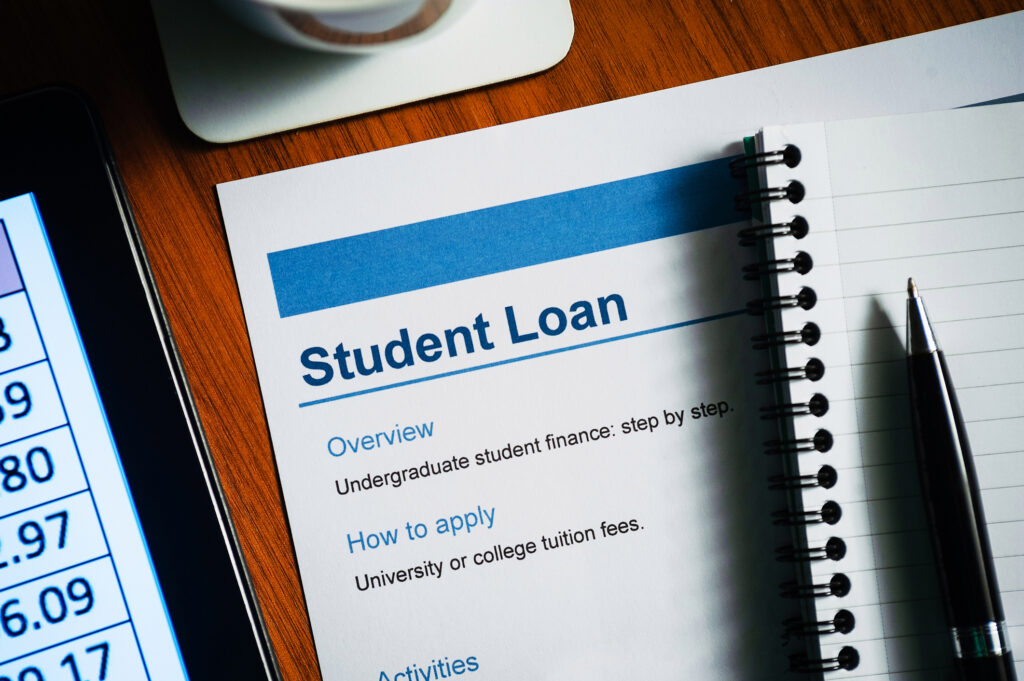
Once you’ve received the money – it’s payback time. Unlike the traditional student loan, a personal loan does not wait for you to graduate. You’ll start paying monthly fees right away. So, make sure you have a way to start paying back right away before taking out a personal loan.
8. Repayment Periods Are Shorter
Not only will you have to start repaying right away, but you’ll also have to finish it a lot sooner than if you’d taken out a federal college loan. Unlike traditional loans that could have a repayment period of over 20 years, some personal loans will require you to repay them in 5. Another thing to keep in mind.
9. Interest Rates Will Probably Be Higher
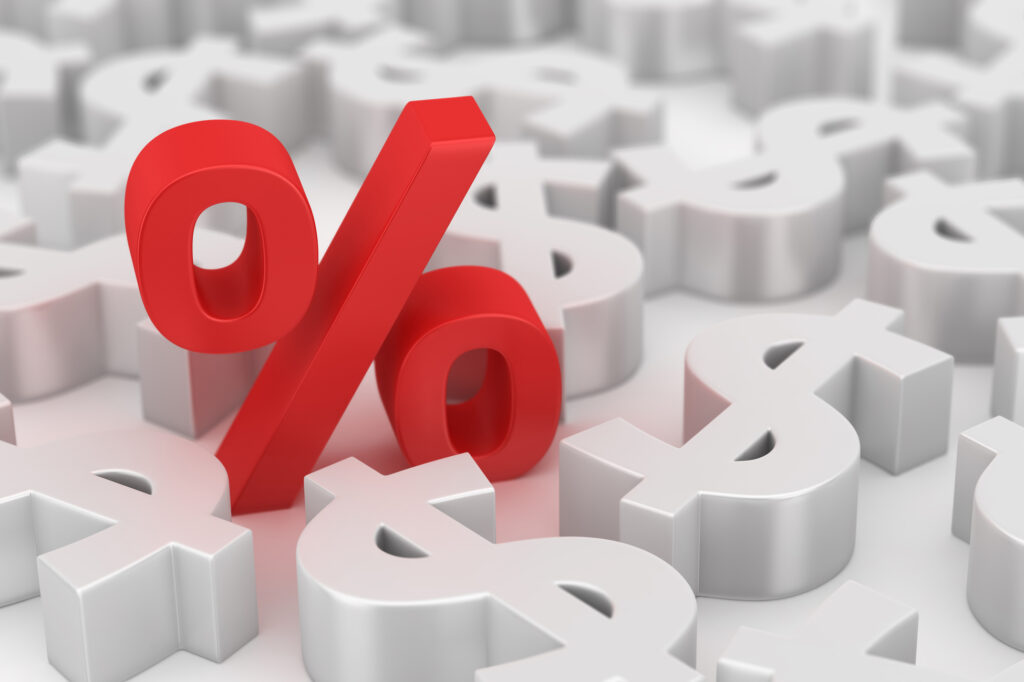
This might not be true universally true, but in most cases, having the complete freedom to do whatever you want with the money comes with a certain price. Also, banks will not offer good APR to people with low credit scores and the rest of the lenders do have to pay their bills as well, hence the slightly higher interest rates.
All things considered, personal loans are a good thing, but there are some drawbacks – as it is to be expected. Everything does. You just have to take a good look at both sides and make a logical, responsible decision. We can only hope we’ve helped you do that.












